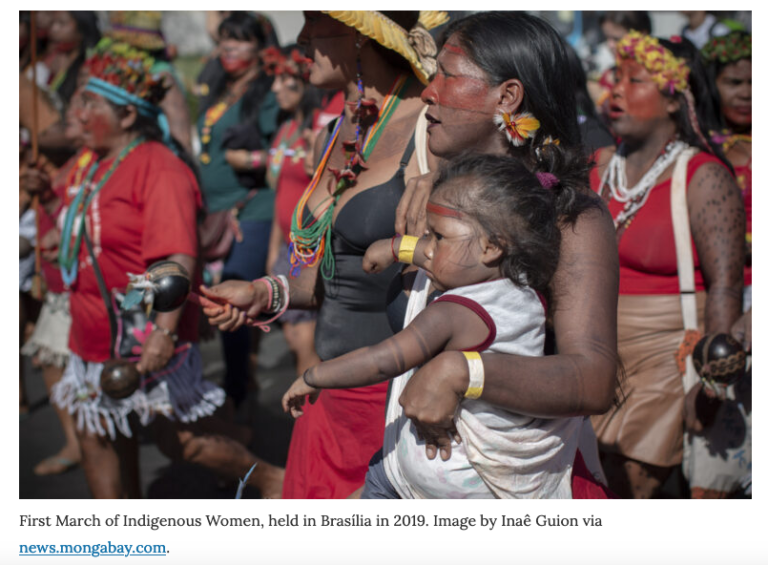Maria Paula Prates is a social anthropologist working on health, illness and care subjects. In general terms, she works on conceptions of person, body, health, life, and care relations. (Re)productive health and the Anthropocene, including midwifery knowledge(s), the medicalisation of childbirth and its connections to environmental devastation, as well as pollution, toxicities, and obstetric and environmental racism, are at the core of her current research themes. She joined the UCL Department of Anthropology to work as a Research Fellow in Medical Anthropology of the Anthropocene for the EIA project in 2021. Currently, she is a Collaborating Professor at the Postgraduate Programme of Social Anthropology at the Federal University of Rio Grande do Sul (PPGAS/UFRGS) and a Research Affiliate at the School of Anthropology & Museum Ethnography (SAME) at the University of Oxford.
